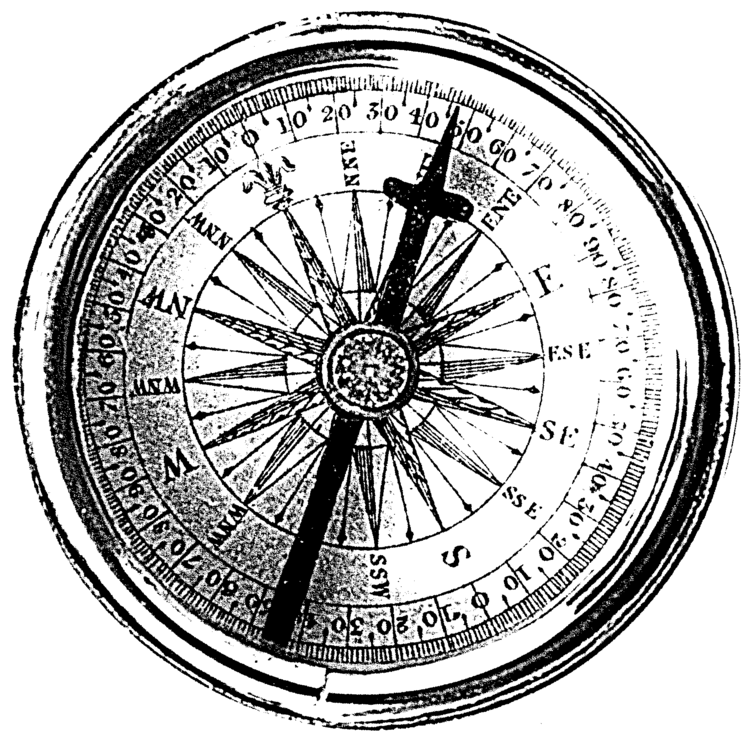Perhaps understandably, I’ve been having this fantasy recently, that I could invite a dozen people to dinner. I get to choose the twelve…they don’t have to be alive, but I have decided that they must have lived for a short while at least, during the 21st Century. (Having no temporal restrictions would make the choices too hard). I want to be inspired, I want to laugh, have my overly entrenched opinions challenged, and above all to learn new ways to see old problems.
One of the first chairs offered would be to Christopher Hitchens, so I better stock up on “Mr Walker’s Amber Restorative”. Marie Colvin would get a seat…I doubt anyone has ever lived a fuller life. Tim Minchin will be there, not just for the laughs, but because the nature of the laughter will trigger so much intelligent thought. David Walsh might get a seat, but then I’d be worried that he might bore rather than enlighten with his encyclopaedic knowledge. I’d surely have a few of my closest friends… they are friends for a reason… But right in the middle where everyone can hear her gentle lilting voice, I would invite to sit, a women whose two novels written twenty years apart, have spoken more profoundly to me than any other books I have read; Arundathi Roy.
Both ”The God of Small Things” (1997) and “The Ministry of Utmost Happiness” (2017) do with words what I tell myself I’m trying to do, in making good photographs: To create a complex, beautiful, disturbing, moth-eaten brocade of truth.
“When Khubchand, his beloved, blind, bald, incontinent seventeen-year-old mongrel, decided to stage a miserable, long-drawn-out death, Estha nursed him through his final ordeal as though his own life somehow depended on it. In the last months of his life, Khubchand, who had the best of intentions but the most unreliable of bladders, would drag himself to the top-hinged dog-flap built into the bottom of the door that led out into the back garden, push his head through it and urinate unsteadily, bright yellowly, inside. Then with bladder empty and conscience clear he would look up at Estha with opaque green eyes that stood in his grizzled skull like scummy pools and weave his way back to his damp cushion, leaving wet footprints on the floor. As Khubchand lay dying on his cushion, Estha could see the bedroom window reflected in his smooth, purple balls. And the sky beyond. And once a bird that flew across. To Estha - steeped in the smell of old roses, blooded on memories of a broken man - the fact that something so fragile, so unbearably tender had survived, had been allowed to exist, was a miracle. A bird in flight reflected in an old dog's balls. It made him smile out loud.”
Arundathi Roy-”The God of Small Things”
“The only dream worth having is to dream that you will live while you are alive, and die only when you are dead. To love, to be loved. To never forget your own insignificance. To never get used to the unspeakable violence and vulgar disparity of the life around you. To seek joy in the saddest places. To pursue beauty to its lair. To never simplify what is complicated or complicate what is simple. To respect strength, never power. Above all to watch. To try and understand. To never look away. And never, never to forget.”
Arundhati Roy-”The God of Small Things”








